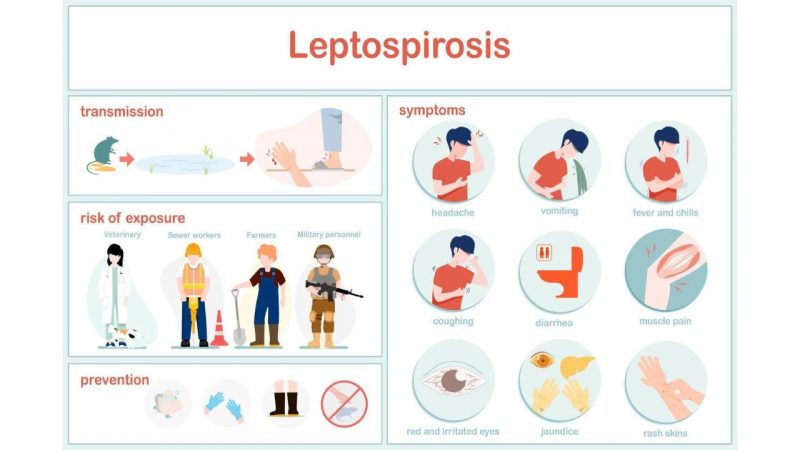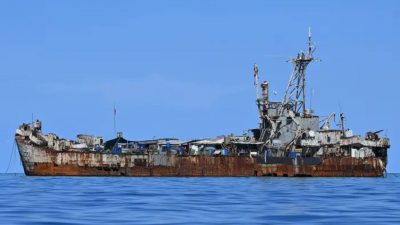The Department of Health-Center for Health Development (DOH-CHD) in Calabarzon (Cavite, Laguna, Batangas, Rizal, Quezon) is issuing a fresh warning to the public regarding the heightened risk of leptospirosis as heavy rainfall continues to trigger flooding across various regions in the country.
Ariel I. Valencia, the Regional Director, emphasized the importance of avoiding contact with floodwaters especially people with open wounds. He advises against wading, swimming, or playing in flooded areas.
For those who must work in or around dirty water, using protective gear such as gloves and a sealed container is crucial. Valencia further recommends proper waste disposal, thorough cleansing with clean water and soap after exposure to contaminated water, maintaining clean drinking water sources, and upholding household and environmental hygiene.
The Regional Epidemiology and Surveillance Unit (RESU) has reported a total of 95 leptospirosis cases, including 14 fatalities, from January 1 to July 29, 2023. This marks a worrisome increase of 76% compared to the same period last year, during which 54 cases were recorded.
Among the provinces, Quezon has seen the most significant surge with 35 cases (218% increase), followed by Rizal with 22 cases (83% increase), Laguna with 16 cases (100% increase), and Batangas with 13 cases (44% increase). Cavite, however, has seen a slight decrease from last year, recording 9 cases (36% decrease) compared to the previous 14 cases.
Leptospirosis is a severe illness that can be transmitted through direct contact with moist soil, vegetation (such as rice fields and sugarcane plantations), and water contaminated by the urine of infected animals.
This includes activities like swimming, wading in floodwaters, accidental immersion, occupational exposure, or handling infected animals. The disease can also spread through consuming food and water tainted by the urine of infected animals, particularly rats.
“Individuals experiencing high fever, headache, shivering, muscle pain, vomiting, yellowing of the skin (jaundice), eye redness, abdominal pain, diarrhea, and rashes should promptly seek medical attention at the nearest hospital for immediate treatment,” added Valencia.
Valencia assures the public of an ample supply of doxycycline, stating, “For those who have been exposed to floodwater, seek consultation at the nearest health centers to receive necessary medication. If cases continue to rise, we want to assure the public that we possess an adequate supply of medications.”
DOH CHD Calabarzon has prepositioned a total of 142,000 doxycycline capsules, prepared for swift distribution. (ai/mnm)







